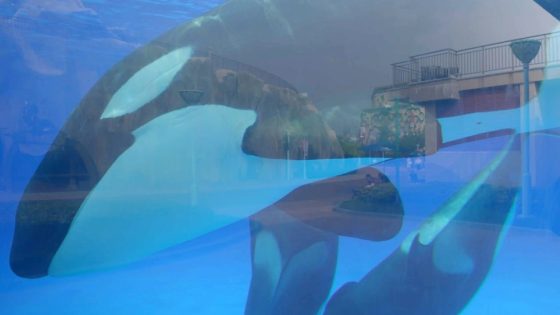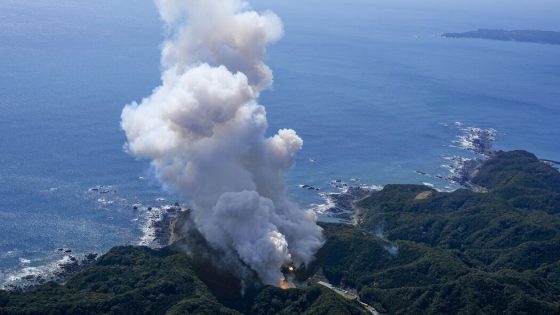This year’s Cannes is set to be the most activist-heavy yet. As well as potential protests around #MeToo and the Israel-Hamas war — not to mention a potential workers strike – animal rights activists are also hoping to make a splash during the festival.
“Orca – Black & White Gold,” a documentary about the international trade of endangered orcas, is set to screen next week as part of the Marché du Film. The screening, which is being organized with the help of non-profit organization The Blue Water Institute on May 20, will be followed by a Q&A with the film’s director and producer Sarah Nörenberg and Muriel Arnal, president of French animal rights NGO OneVoice.
Variety understands part of the reason for screening the film in Cannes is to highlight the plight of three captive orcas at the Marineland animal park in nearby Antibes, which is just a 40 minute drive from the Palais des Festivals. The orcas are due to be shipped to another marine park in Japan.
Producer Terra Mater Studios are working alongside orgs such as The Earth Island Institute – who famously achieved the release of “Free Willy” star Keiko – to transfer imprisoned orca to seaside sanctuaries.
“‘Orca – Black & White Gold’ is a never-seen-before look into the international trade of endangered orcas, with unprecedented access to activists, former orca trainers and the capturers themselves,” reads the logline. “With a unique 360-degree perspective and access to the mobster businessman behind the multi-million-dollar global trade, this compelling and timely film illuminates how the export of an American business model is influencing illegal trade of endangered wild orcas across continents.”
The documentary is written by Mark Monroe (“The Cove”) with music by “The Witcher” composer Sonya Belousova.
“I made this film after realizing that even 31 years after ‘Free Willy’ and 11 years after ‘Blackfish,’ we still have just as many orcas in captivity around the world,” said Nörenberg. “The market is just shifting from the West to the East. ‘Orca – Black & White Gold’ is shining a spotlight on the realities of orca capture and captivity in the Far East, continuing the legacy of rallying public audiences to reject a morally bankrupt international market. The commercial value for orcas (former approx. $10 million per animal) only increased further after the trade seized with Russia. This business of exhibiting marine mammals for shows originated in the West by SeaWorld and is still active. We have the moral duty as a society and as a role model for the children visiting these parks, to convey meaningful education and retire these intelligent sentient beings into seaside sanctuaries whenever possible.”
Source Agencies




